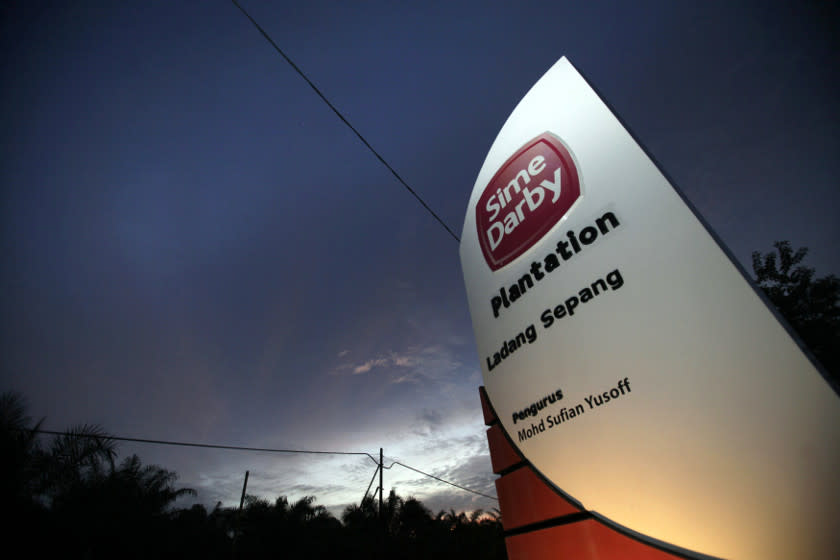Palm oil giant Sime Darby says no basis to labour misconduct claims, wants more info from petitioner for US to ban its exports

KUALA LUMPUR, July 10 — Malaysia’s Sime Darby Plantation is seeking details on its alleged labour misconduct from Duncan Jepson of Liberty Shared who petitioned the US government to ban its palm oil exports, potentially worth some US$3 million annually.
In a second statement this week, the palm oil giant said it has contacted Jepson and requested further information of the alleged breaches as claimed in its petition.
“Despite the absence of such crucial information at this time, we will still provide our initial response in the best possible manner, based on statements contained in the petition summary, and our internal records relating to the matters raised,” Sime Darby said.
“Meanwhile, we welcome and appreciate any further information from any other sources
that can help us identify the existence of and/or root cause of, any breakdowns in our
system. SDP has always and will continue to close all gaps and correct any lapses in our
operations and supply chain,” it added.
The Malaysian palm oil company was accused of forced and child labour, with the petitioner citing two years worth of interviews with complaints of arbitrary penalties, threats of and actual sexual harassment, physical threats and abuse, various and inconsistent deductions in pay, varying conditions of accommodation, and fees charged for basic facilities.
The report also pointed at mistreatment of foreign workers, and unlawful practices by recruitment agents.
Sime Darby said it is unaware of such practices and is committed to responsible business practices.
Based on the petition summary, it said it has reviewed the accusations and provided responses of their current practices and challenges and included background information for context.
Sime Darby denied not paying minimum wages and adhered to local laws in deductions.
It said it has tried to make its computations clearer and more transparent for employees.
Sime Darby also denied using manipulative methods to recruit workers, providing video footage and briefings to explain job requirements and expectations, and also denied retaining passports of their workers, only the option of “safekeeping”.
The group also said that no police reports have been made against its practices and various grievance channels made available to workers in their operations to highlight any issues they have with the managers.
As for child labour, the company said that it had one isolated incident in 2008 at one of their Malaysian operations which was corrected immediately, while another allegation was also made in 2017 at its Indonesian operation but could not be proven.
“There have not been any similar reports received ever since,” Sime Darby said.
“We believe our responses to the summary of allegations demonstrate SDP’s commitment to uphold human rights throughout our operations. We are transparent about the challenges we face in our efforts to improve our practices on the ground, as we believe this is the best way to move forward.
“As with any organisation, we are aware that there will often be areas of improvement, especially with on the ground implementation of commitments, especially in an operation the size of ours,” it said.
Related Articles Sime Darby Plantation says will clear up child, forced labour allegations with anti-human trafficking group Anti-trafficking group urges US ban on Sime Darby Plantation goods over alleged child, forced labour Megat Najmuddin named new Sime Darby Plantation chairman


